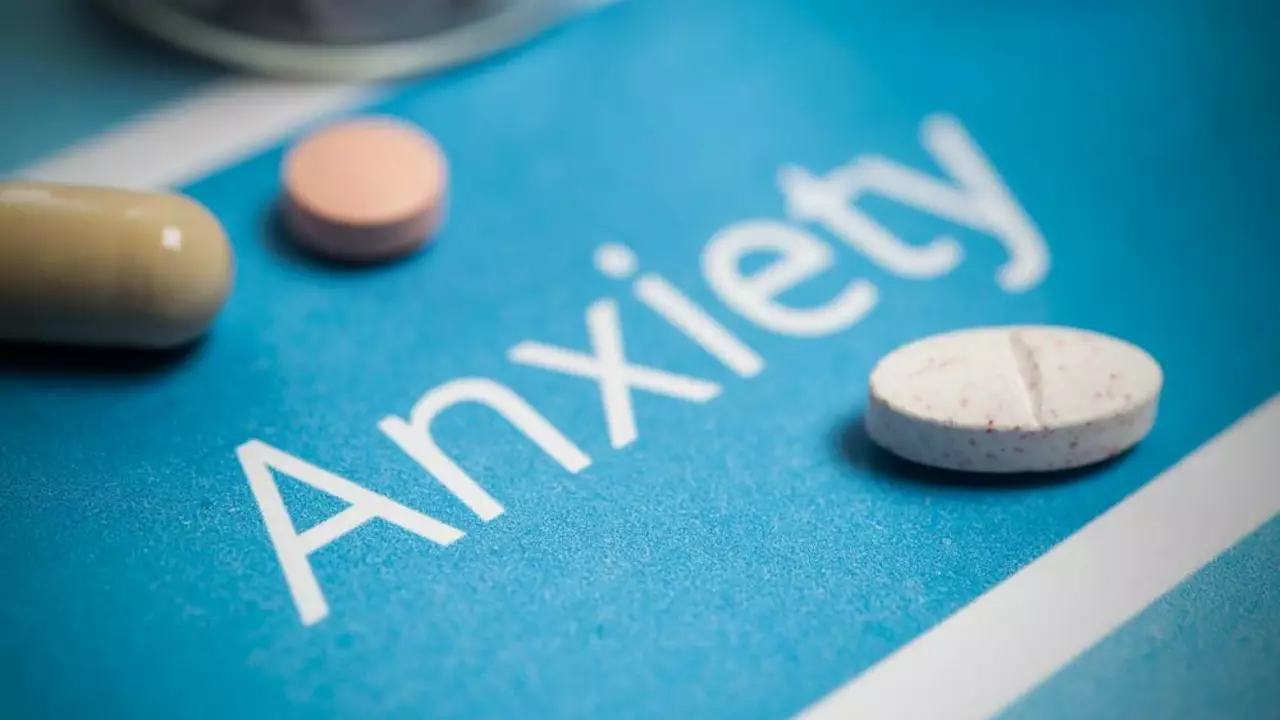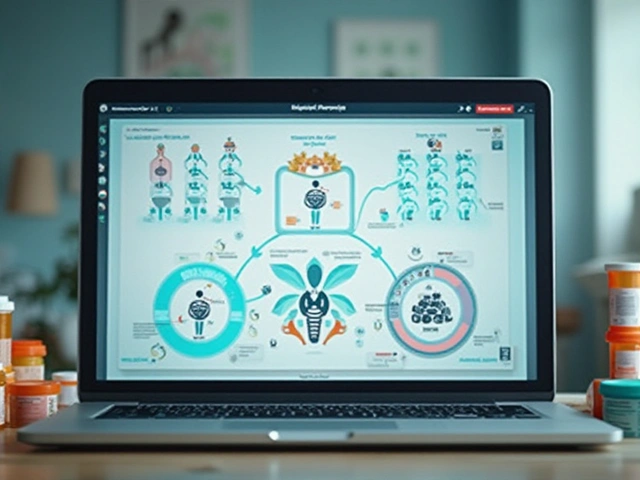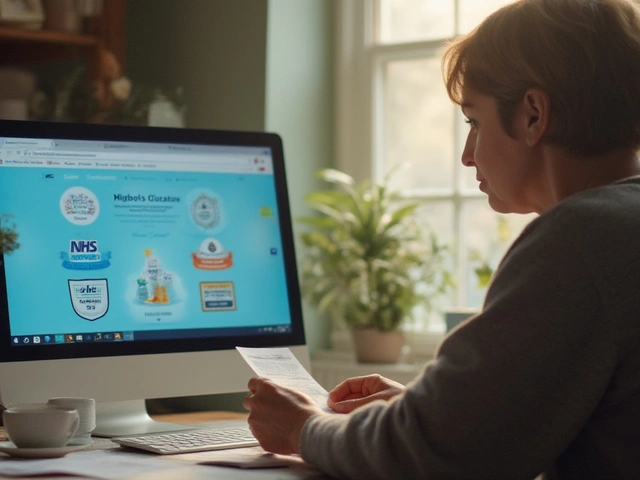Anxiety: Practical Guides, Meds, and Safe Choices
Anxiety affects about one in five adults each year, and most people want clear, practical ways to feel better fast. This tag page collects our best articles on medications, safer online pharmacies, and non‑drug tools so you can find what fits your life.
First, know the common medication groups: SSRIs like escitalopram and sertraline, SNRIs such as duloxetine, benzodiazepines like lorazepam (Ativan), and newer options doctors may use off‑label. Meds can help a lot, but they work differently. SSRIs/SNRIs change brain chemistry gradually and are good for long‑term control. Benzodiazepines act fast but can cause dependence and other risks, so they’re usually for short‑term relief. If you’re worried about side effects like weight gain or heart effects, read focused guides such as our Ativan cardiology piece and articles about antidepressant alternatives.
Therapy and habits matter. Cognitive behavioral therapy (CBT) teaches skills to break worry cycles and often matches medication in effectiveness for many people. Simple habits—regular sleep, walking 30 minutes most days, cutting back caffeine, and limiting social media—reduce symptoms and make meds work better. Try small changes first; big shifts aren’t needed to see improvement.
Buying meds online? Several posts cover how to do that safely. Only use pharmacies with a clear address, licensed pharmacists, and a requirement for prescriptions. Watch for sites that sell controlled drugs without a prescription or offer suspiciously low prices. Our reviews of online pharmacies and import rules explain what to check so you do not risk fake pills or legal trouble.
Watch for side effects and interactions. If you take heart medicine, blood pressure pills, or nitrates, some anxiety meds can be dangerous. Keep an updated medicine list and share it with every provider. Our interaction articles show common risky combos and explain simple steps like spacing doses or switching drugs when needed.
What about natural options? Supplements and herbs appear in several posts. Some people try magnesium, omega‑3s, or herbal products, but quality varies. If you try a supplement, pick a reputable brand, start low, and track any changes. Talk to your doctor before mixing supplements with prescription meds.
When to get urgent help: if anxiety stops you from functioning, causes suicidal thoughts, or you can’t care for yourself, seek immediate care. For worsening panic attacks, chest pain, fainting, or sudden severe symptoms, call emergency services.
Use this tag page as a map: read medication guides, check pharmacy reviews before buying, try therapy and lifestyle shifts, and ask questions. If one path fails, another often helps. You don’t have to figure it out alone—start small, stay safe, and reach out to a clinician when needed.
Start by reading our focused posts on Ativan risks, duloxetine alternatives, and Wellbutrin substitutes to compare options. Check reviews for safe online pharmacies before ordering any prescription. Try a short CBT program or an anxiety app while you talk to your clinician about medication choices. Keep a symptoms diary for two weeks to show trends—doctors find concrete notes much more helpful than vague descriptions and bring them.
26
Labetalol for Anxiety: Can It Help?
In my latest blog post, I explored the potential benefits of using labetalol for anxiety. Labetalol is a medication typically prescribed for treating high blood pressure, but it has also shown some promise in helping those suffering from anxiety. From my research, it appears that labetalol can help by blocking the effects of stress hormones, thus reducing the physical symptoms of anxiety. However, it's important to note that this medication may not be suitable for everyone and should only be taken under the supervision of a healthcare professional. Overall, labetalol might be a helpful option for some individuals struggling with anxiety, but more research is needed to fully understand its potential benefits.
Latest Posts
Popular Posts
-
 Meniere’s Diet: How Sodium Restriction and Fluid Balance Reduce Vertigo and Hearing Loss
Meniere’s Diet: How Sodium Restriction and Fluid Balance Reduce Vertigo and Hearing Loss
-
 OTC Heartburn Medications: Antacids, H2 Blockers & PPIs Explained
OTC Heartburn Medications: Antacids, H2 Blockers & PPIs Explained
-
 Enteral Feeding Tube Medication Safety: Compatibility and Flushing Protocols Explained
Enteral Feeding Tube Medication Safety: Compatibility and Flushing Protocols Explained
-
 Extended Use Dates: How the FDA Extends Drug Expiration Dates During Shortages
Extended Use Dates: How the FDA Extends Drug Expiration Dates During Shortages
-
 Magnesium Supplements and Osteoporosis Medications: What You Need to Know About Timing
Magnesium Supplements and Osteoporosis Medications: What You Need to Know About Timing



